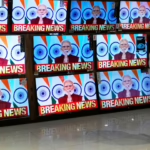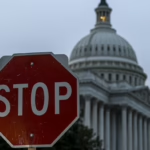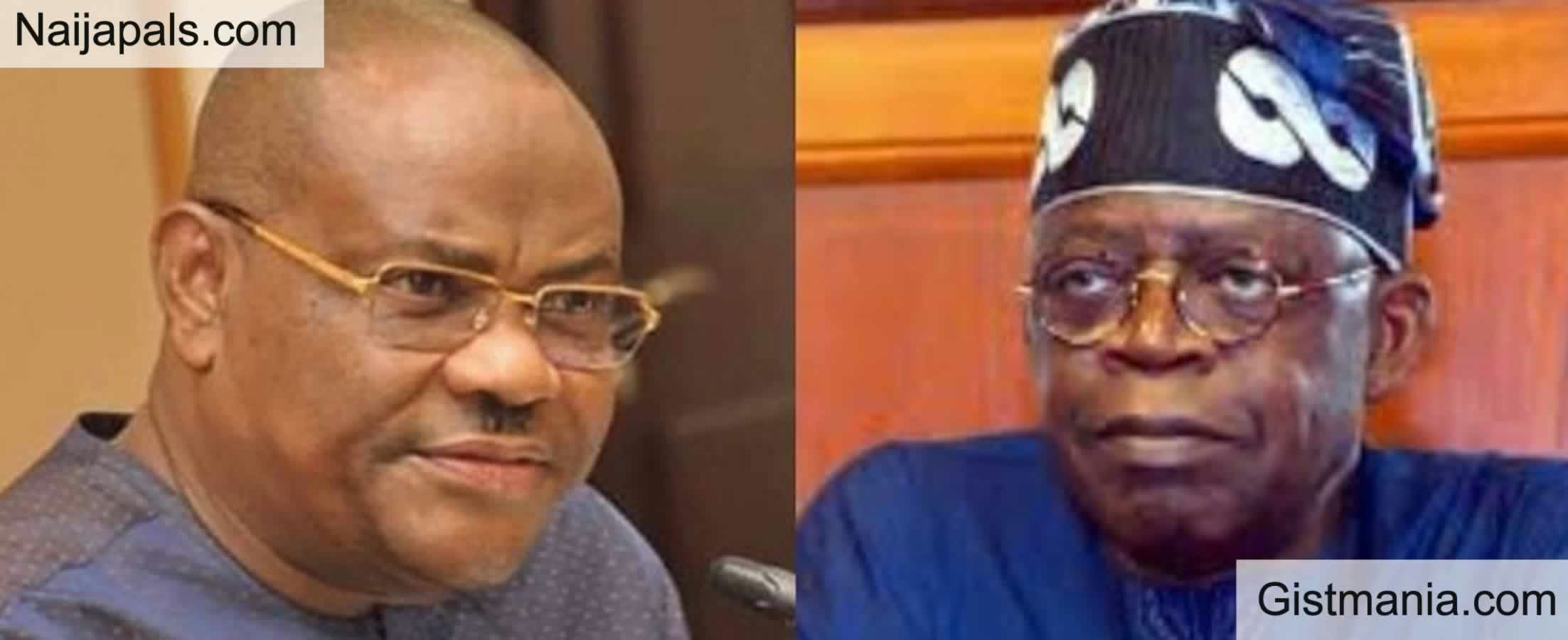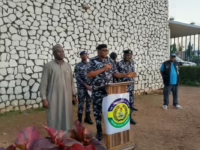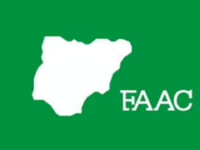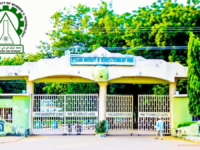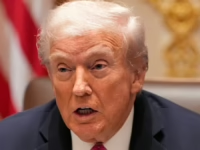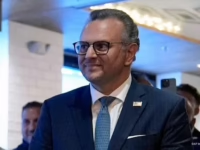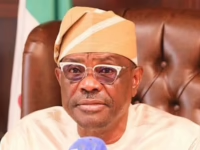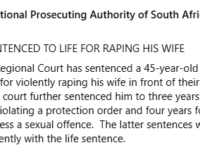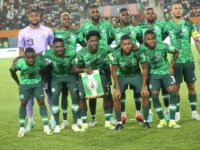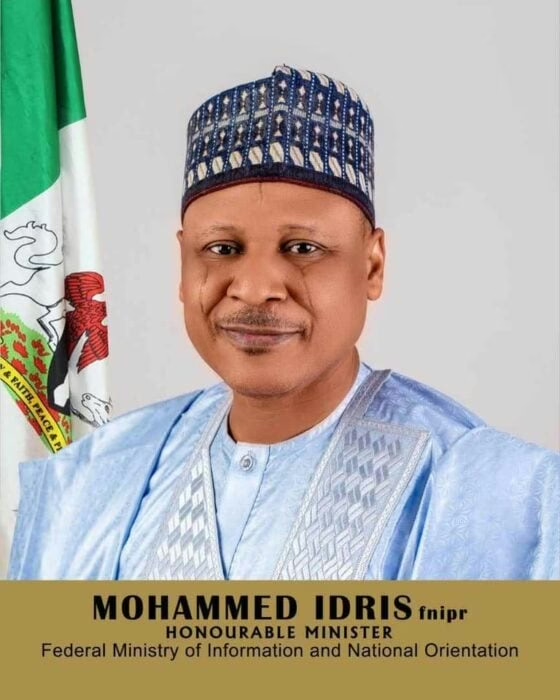At a recent symposium in Abuja, the Minister of Information and National Orientation, Mohammed Idris, alongside representatives from the National Open University of Nigeria (NOUN), emphasized the imperative of ethical and conscientious use of Artificial Intelligence (AI). Their focus was on preserving truth, building trust, and upholding human dignity amid the digital transformation.
The gathering, organized by the International Media and Information Literacy Institute (IMILI) to mark the 2025 Global Media and Information Literacy (MIL) Week, was hosted by NOUN and centered on the theme: “Advancing AI Integration and Benefits through Media and Information Literacy.”
Professor Olufemi Peters, Vice-Chancellor of NOUN, reaffirmed the university’s commitment to partnering with the Federal Government, UNESCO, and other stakeholders to foster a future where technology empowers society and AI serves humanity’s best interests.
“This global event, held annually under UNESCO’s guidance, highlights the critical role of Media and Information Literacy in a world increasingly influenced by digital innovation, AI, and the swift flow of information,” Professor Peters remarked.
He further highlighted that NOUN’s consecutive hosting of this international symposium underscores Nigeria’s pivotal role in championing inclusive and equitable access to media and information literacy education across Africa and beyond.
“We are at a pivotal juncture where AI is intricately embedded in everyday life, influencing education, governance, commerce, creativity, and interpersonal connections,” he explained.
“Despite AI’s vast potential, it also presents profound ethical, societal, and philosophical dilemmas. The pressing question remains: how can we harness these technologies to benefit humanity rather than harm it?”
Representing the Minister, Barrister Henshaw Ogubike, Director of Public Communication, reiterated the government’s dedication to fostering digital integrity and responsible communication in the AI era.
“The Ministry of Information and National Orientation is unwavering in its mission to cultivate media and information environments that promote honesty, openness, innovation, and national cohesion,” he stated.
“By collaborating with UNESCO, IMILI, and other partners, we are advancing programs that boost media literacy, combat misinformation, and empower Nigerians to utilize digital technologies for social and economic progress,” the Director added.
Ms. Yachat Nuhu, speaking on behalf of the Head of UNESCO’s Abuja Office, underscored the vital role of media and information literacy in safeguarding freedom of expression and ensuring access to information-both essential for realizing the Sustainable Development Goals (SDGs).
“Media and Information Literacy is indispensable in tackling 21st-century challenges such as the surge of misinformation, erosion of trust in media, and the transformative effects of digital advancements, particularly AI,” she noted.
Nuhu cautioned that while AI facilitates greater information access, it also introduces issues like algorithmic bias, misinformation, and sophisticated deepfake technologies. “As AI continues to advance, MIL must evolve accordingly to equip individuals with the skills and understanding necessary to navigate this dynamic environment,” she urged.


